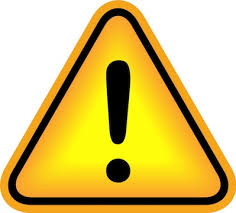 January 2020
January 2020
Condo boards are endowed with considerable authority in condo communities. These powers have limits in accordance with governing documents.

Responsibilities and authority of condo boards include: collecting condo and other fees from owners; maintaining, repairing and replacing common areas; hiring employees; establishing rules; and setting restrictions and requirements for the use of common areas.
Security is one area where condo board and resident perspectives may diverge. Condo boards have authority to establish video cameras to protect common areas. Pointing cameras in the direction of a resident door or window can infringe on personal privacy and should be avoided. There is no clear authority to record private conversations so audio security recordings should be avoided. Security guards and logging of building visitors are acceptable measures for protecting common areas.
Condo boards establishing additional security measures may also be accepting additional legal responsibilities. In suite alarm systems connected to a security desk may entail responsibility for the way in which employees respond when an alarm is triggered.
Entry to a suite for a non-emergency generally requires reasonable notice and permission of the resident or owner. When there is a need for management to enter a suite, best practice is to have two individuals do so. Should there be an accusation of damage or theft, a second trusted individual can substantiate what occurred. Emergency situations allow for entry without notice.
Condo boards have access to personal information that may include social insurance numbers, banking information, mailing addresses, phone numbers, e-mail addresses and birth dates. There is an obligation to protect this information, not use it in a way that can cause harm and not share it with individuals who can misuse it. It is not always clear which information is to be protected against misuse.
New rules or policies cannot supersede governing documents. Care needs to be taken to avoid contradicting existing rules or policies, declaration, by-laws or the Condo Act. There is no authority for creating rules or policies that extend authority beyond what is stated in governing documents. Condo boards cannot establish rules prohibiting pets if allowed in a declaration or by-law. They can establish rules governing the number, type or conduct of pets. Condo boards cannot establish rules on who or how many can reside in a condo suite. Such changes require support by unit owners in accordance with the Condo Act.
Condo boards are a necessary part of managing a condo community home. The authority provided to them is an essential mechanism for ensuring a successful community.







